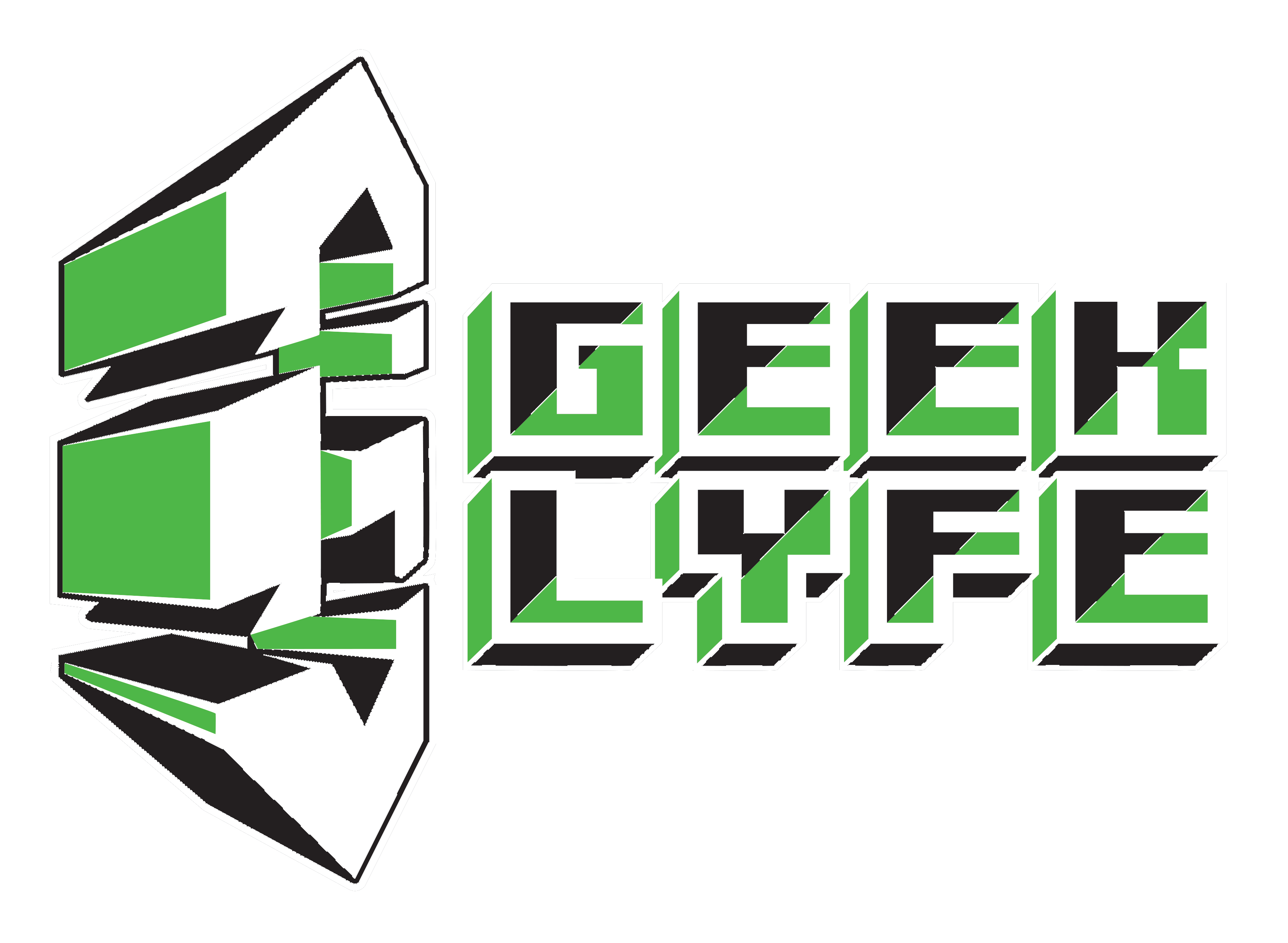How to Become a Stronger Role Player in Any Table Top RPG

Today we’ll be teaching you how to become a stronger role player in any table-top RPG! Dungeons & Dragons, or any table top role playing game, is an immense amount of fun! Being able to shelf yourself in exchange for a hero that uses might and magic to overcome incredible odds is wonderful. While the base game and all of its mechanics, dice rolling, and tactical thinking add so much to the experience, one can not deny that there is nothing that can take the place of role playing.
When we think of role playing, it is easy to think of the classic scenes of coke bottle lens wearing geeks talking in a full blown different voice and making grand theatrical gestures to friends. While many shows do tend to exaggerate this aspects of table top gaming, role playing your character truly is wonderful.
Despite this being one of the best parts of Dungeons & Dragons and many other great games like it, players tend to shy away from role playing. Typically it will be resisted by new players, but even in veterans you’ll find that they favor talking in third person and choosing to give shallow encounters to non-player characters or even their fellow party members.
Here is advice on how to become stronger role player!
Speak in First Person
Speaking in first person is a huge step into RPing as you fully embrace your character. Speaking in third person can be easier but it cheapens your words, actions, and spotlight. If you are unfamiliar with the difference between first and third person:
If first person is someone telling you his or her story, and second person is you being told how you should do something, then third person is more like a camera recording events. That’s not to say it’s necessarily an objective point of view. A third person narrator can be highly subjective. – Study
Speaking to non player characters or your fellow players as your character encourages them to respond the same way. It becomes easier to react to situations as your character would and in turn that creates more immersion. When something from your backstory comes up, it will feel far more personal and you’ll start fleshing out your character that much more.
Backstory
The backstory is a character’s foundation. It is everything that has happened to your character up until the adventure began. In order for you to form a solid backstory for your character, you have to be well aware of your character’s abilities and strengths. You can explore guides on different classes, such as the guide of DnD 5e Warlock, Monk, Barbarian, or any other class you choose. A lot of new players struggle with writing a solid background because they feel overwhelmed by the idea of writing an original tale of fiction. However, it can be as simple as answering a few questions.
If my character could do anything they wanted regardless of money, distance, or responsibility, what would it be?
What has my character wanted so badly but was denied and who denied them? Were they justified?
Is there anyone who cares about my character to the point where it keeps them up at night? Is it love or hatred?
Is there anyone my character cares about to the point where it keeps them up at night? Is it love or hatred?
What aspect of life sparks fear or joy for my character?
Answering these simple questions helps bring your once ‘I am a human fighter who has a big sword’ into ‘I have always wanted to be a musician but I need to raise money in order to take care of my sick sister. Bounty hunting is what brings in the most coin so here I am. I found out her husband was abusive towards her and killed him. Now his father seeks to kill me in response. He has failed twice already but I fear that every hooded figure is the one who will end my life. If I didn’t have my lute to play when I get stressed, I would probably go mad!’
Everyone at the table can not help but become invested in a character that they can relate to. One with flaws, aspirations, and goals. Shy away from creating a perfect individual since they are somewhat unrealistic as we all have our vices! When you have your established backstory, their voice leaps out at you and speaking as your character becomes that much easier.
Describe Your Actions
Taking a few extra moments to explain just how you deal damage to an enemy or how your character reacts to a situation is the equivalent to adding spice to food. It is flavor, it is color, and it causes more immersion at the table than before. The Dungeon Master has much more to work with when the players willingly add to the world so long as it is reasonable.
Like backstories, new players have a bit of a hard time doing this so I want to provide examples of what to consider.
How does your character feel about what is unfolding before them?
Does a sight of grievous wounds or terrible foes cause their body to act involuntary?
What does personal fears or beliefs belong to the character?
Is there something that attracts your character to another?
While I enjoy considering the Dungeon Master to be a representation of life and force situations upon your party, I find it is also fun to force your own character to be affected. Mentioning that your weapon trembles in your hand as you prepare to strike an undead creature or if you vomit due to seeing the left over remains of a dead enemy adds realism. Party members react in kind whether it be to comfort or make fun of your actions.

Showcase When You Are ‘On’
I cringe every single time the dungeon master or player has to ask “Are you saying that or is your character saying that?” or “Is that what you do?” It should always be obvious to everyone involved what is out of character and what is in character.
Here are some techniques I use to assist:
Raise your pencil means you are speaking in character.
Saying “Time out” signals that you are going to speak out of character.
These minor changes help keep the game flowing and everyone is on the same page as to what is going on. I should also add that I absolutely hold players accountable when they accidentally raise their pencil and speak. It helps condition everyone to abide by the rules and creates some hilarious times.
Create a Safe Environment
The worst thing you or any one at your table can ever do is heckle others for trying to role play. Never forget that you are all nerds for playing Dungeons & Dragons in the first place. You do not have to do a perfect English accent or even an accent at all to RP. You don’t have to have a Lord of the Rings-like back story either. You just need to try your best to bring your character to life and become them so you can get the most out of your table top experience.
It is always best practice to compliment others on their role playing so that they understand they can keep doing it! The more you RP, the better you get at it and soon enough it’ll come naturally to you. When you sit down at the table you leave everything behind and just game.
For more tips and tricks on how to improve your sessions, check out our Table Top section!
Also check out our own Dungeons and Dragon podcast, Dungeons and Date Nights which features writers A Thief Named Alexia and Darth Mexican!
Chicano | Fighting/Writing for Diversity | DM since 08 | Anime Lover | Site: https://www.thegeeklyfe.com | info@thegeeklyfe.com | http://twitch.tv/that_deangelo | https://linktr.ee/deangelomurillo




